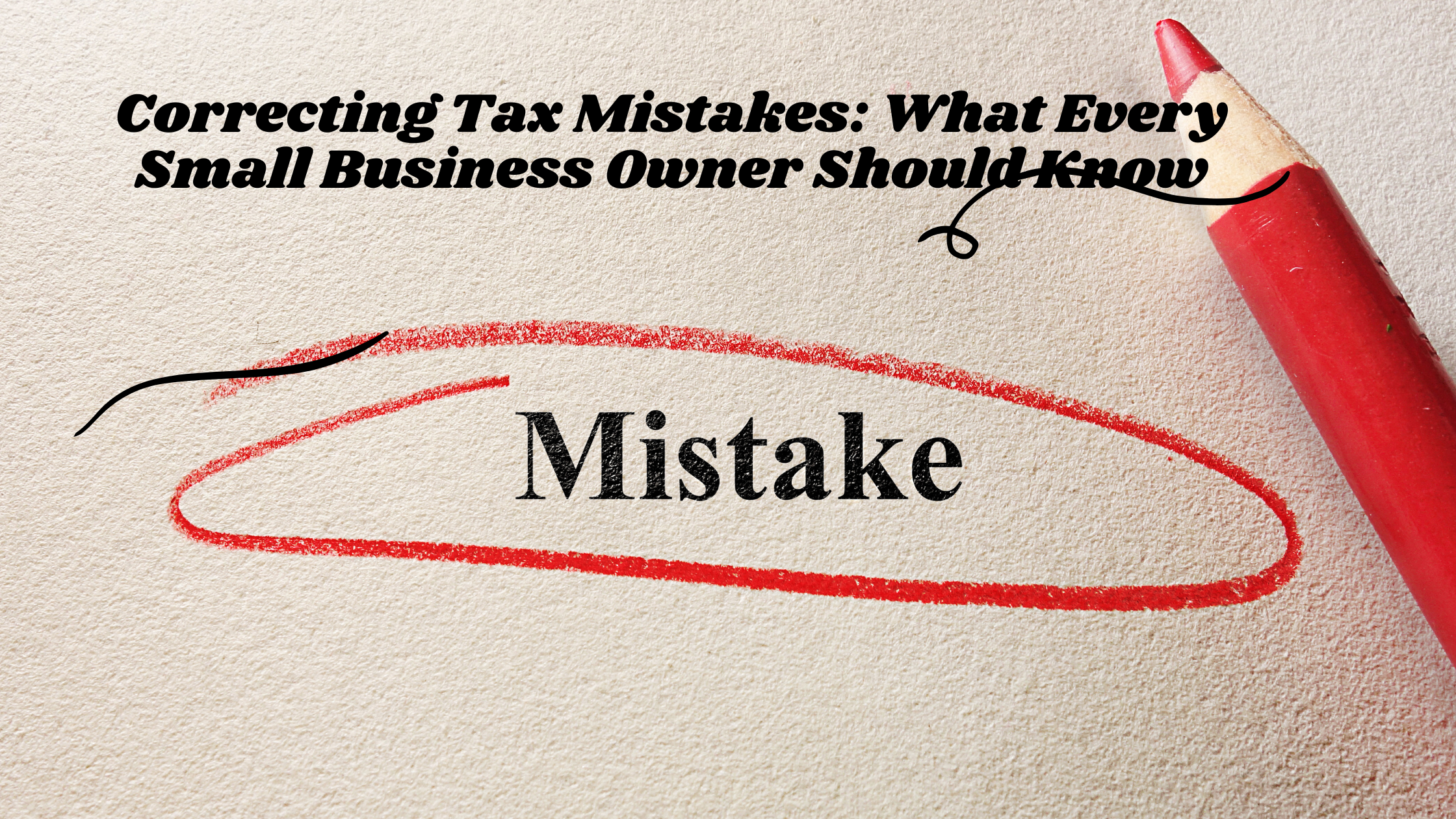As the old saying goes, “Knowledge is power.” This certainly rings true in business, as those who best understand their industries and markets tend to have a knack for staying on top. If that person is a company’s owner, however, great knowledge can turn into a vulnerability when he or she decides to retire or otherwise leave the business.
As you develop your succession plan, consider how to mitigate the loss of pure know-how that will occur when you step down. One way to tackle this risk is to implement a knowledge management strategy.
Two Types of Knowledge
Knowledge management is a formal process of recognizing and treating knowledge as an asset that your company can identify, maintain and share. Generally, a business can subdivide knowledge into two types:
- Explicit knowledge. This exists in the tangible world and typically includes company reports, financial statements, and databases. These items are usually easy to access, extrapolate from and append. For your succession plan, however, you may need to dig deeper into your own confidential files, memos or emails.
- Tacit knowledge. This is information that resides solely between the ears of a business’s leadership, employees and perhaps even service providers. As such, it’s not easily retrievable. In terms of succession planning, this may be the stuff that you haven’t written down or even talked about much.
Typical Categories
Typical knowledge management categories include:
- Taxes and accounting,
- Financial management,
- Strategic planning,
- HR, payroll and employment practices,
- Sales and marketing,
- Customers,
- Production, and
- Technology.
In addition, knowledge management should account for your company’s intellectual property — trade secrets, for example. Many business owners keep such details close to their vests and even managers may not know the full value of the company’s intellectual property. This could put your business at risk following your departure.
A comprehensive knowledge management effort related to your succession plan will call on you to undertake a full inventory of every category listed above and perhaps others. Gathering your explicit knowledge may entail compiling years’, even decades’, worth of documents, files, and writings. This may not be an easy task, but it’s still a matter of straight research.
You’ll likely find capturing your tacit knowledge somewhat more challenging. One idea is to ask a suitable employee or engage an outside consultant to interview you regarding all the pertinent categories. Many business owners find these conversations arduous at first but eventually enlightening and enjoyable.
A Legacy Preserved
A solid succession plan is imperative to maintaining the future stability and success of your company. Knowledge management can strengthen that plan and help preserve the legacy you’ve worked so hard to build. Contact us for further information and for help identifying knowledge related to your tax filings, accounting methods, and other financial matters.




